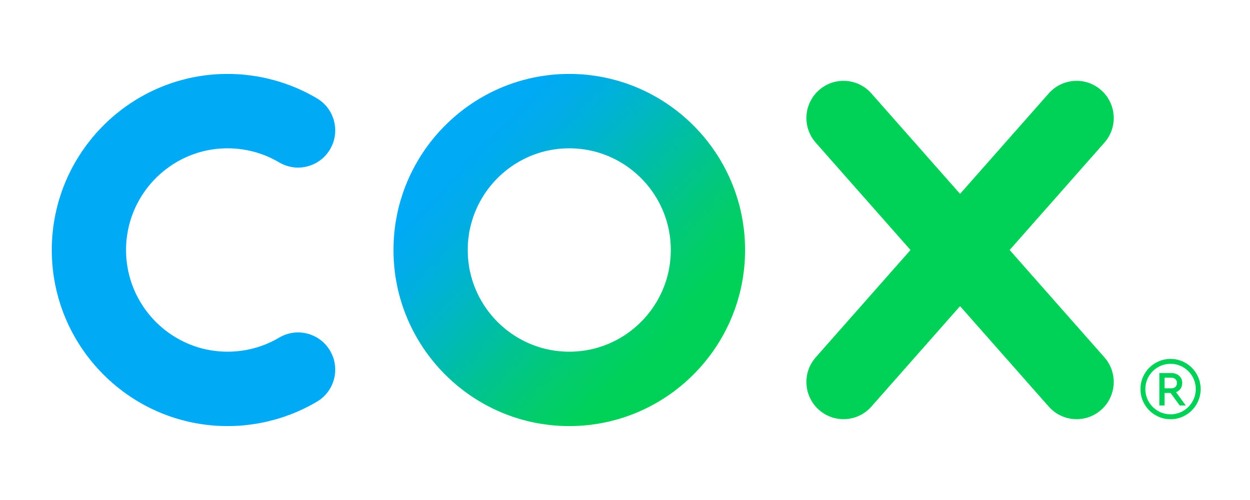This website uses cookies so that we can provide you with the best user experience possible. Cookie information is stored in your browser and performs functions such as recognising you when you return to our website and helping our team to understand which sections of the website you find most interesting and useful.
Business News Labels & Publishers Legal
Cox Communications reckons alternative maths should save it $243 million in its big copyright bust up with the labels
By Chris Cooke | Published on Tuesday 11 August 2020

US internet service provider Cox Communications reckons that, at the very least, the billion dollars in damages it was ordered to pay the record industry at the end of a copyright infringement case should be cut by $243 million. And that’s simply based on applying a different system for adding up the specific tracks that were listed as infringed in the record industry’s litigation.
Cox, of course, is one of a number of American ISPs that have been sued for copyright infringement by the record industry on the basis they did not fulfil their obligations under law to get safe harbour protection from liability for the infringing activities of their customers.
BMG set the precedent in this domain when it sued Cox. On the back of that the majors sued Cox, Grande, Charter, Bright House and RCN, with most of those cases ongoing.
The majors won their lawsuit against Cox last year securing the mega-damages of $1 billion, which equated to statutory damages of $99,830.29 for each of the 10,017 songs and recordings infringed by the ISP’s customers that were specifically listed in the major record companies’ lawsuit.
Cox plans to pursue all lines of appeal in relation to that judgement. Though in June, the judge who oversaw the original case declined to amend the jury’s ruling or order a retrial, rejecting the net firm’s arguments that the billion dollar damages were “shockingly excessive and unlawfully punitive”.
However, the judge did agree with Cox that there was a case for reducing the damages bill on the basis that, in some cases, the music companies were receiving double or even triple damages for one track, because of the separation between song rights and recording rights, and some extra complexities around derivative works.
The ISP was therefore told that it could scrutinise the list of infringed tracks, identify where double or triple damages had been awarded, and amend the overall damages bill accordingly.
Cox has also been monitoring the other ISP lawsuits, where the labels have sometimes filed revised lists of allegedly infringed works. The ISPs argue that where tracks have been removed through those revisions, that probably means the labels involved in the lawsuit don’t actually control the copyright in said recordings.
Cox has gone through the big list of infringed works looking for overlaps and tracks that the labels possibly don’t even control and, as a result, now argues that 2438 of the works on that list should be removed. Which would equate to a massive $243 million saving in terms of the damages bill.
The ISP submitted its maths to the court – including all its workings – last week. We now await to see how the record labels respond.
In related news, the record labels last week submitted a new legal filing in another of their big ISP copyright cases, this time the one against Bright House, a former net firm that is now a subsidiary of Charter Communications.
As with the other ISP cases, in the Bright House litigation there has been a side debate over whether or not the net firm can be held liable for vicarious as well as contributory infringement. It if can, that could increase any future damages.
Bright House successfully got the vicarious infringement claims removed from the labels’ lawsuit last month, but last week said labels presented various arguments as to why that shouldn’t have happened.





